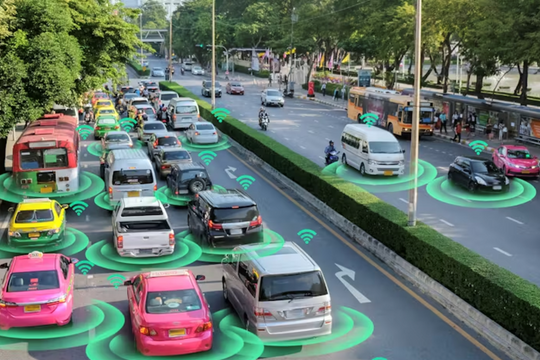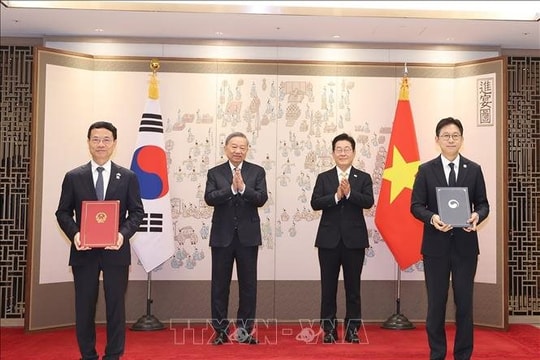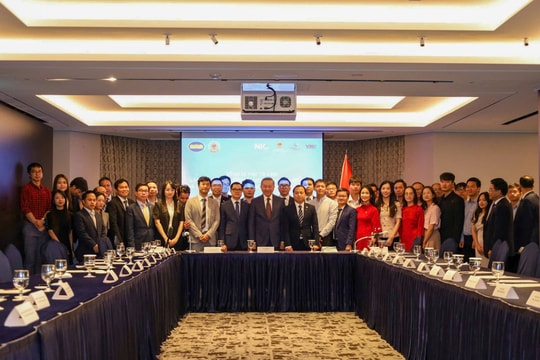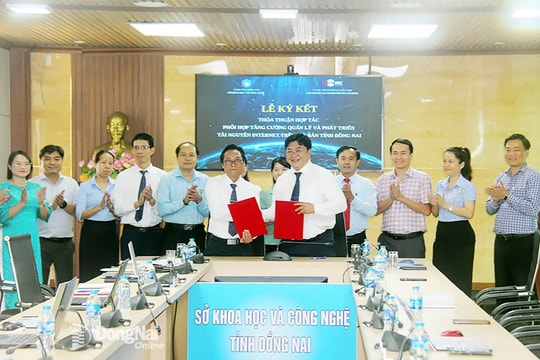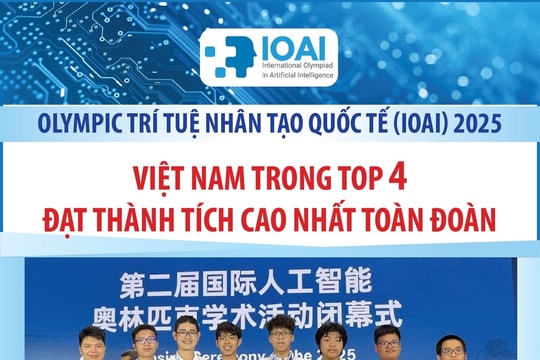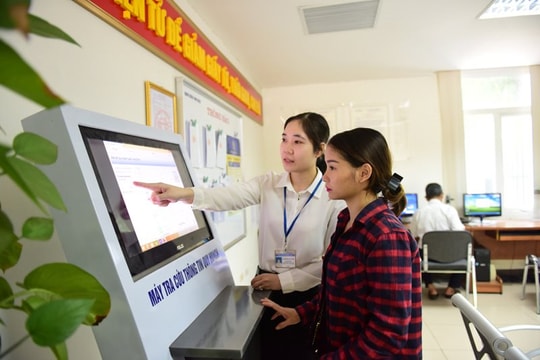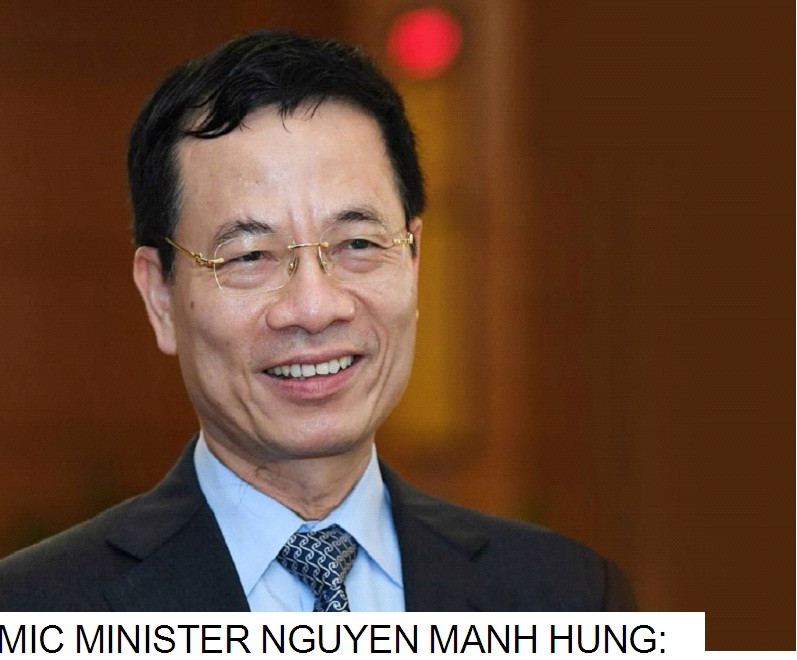
DIGITAL TRANSFORMATION: WHERE TO START?
One common problem that most localities share is struggling with digital transformation strategies.
Many provincial leaders only see the difficulties of their provinces and many others do not know where to start. However, for digital transformation, the provincial leaders only need to give the decision of what to digitalize, and the rest how to do it would be done by digital experts and digital enterprises.
By separating these two stages, the process of digital transformation would be much easier and faster.
For the digital transformation, things should be done step by step, what has to be done should be done first. For example, online learning must be created amid Covid-19 pandemic.
Next, prioritizing the services that would yield outstanding results if carried out in the digital environment. Fastening the online public services is one example.
Finally, prioritizing products and services that can create new values when brought into digital environment.
Digital transformation is the next breakthrough step of application of Information technology. Digital transformation would use of all technologies such as big data, artificial intelligence, and other platforms to make and deploy IT applications faster, cheaper and create new values; which would change the way of production and governance.
Main focus of e-Government is fulfilling online public services by using IT. Meanwhile, the main goal of a digital government is to bring all government operations into a digital environment, not the online public services alone. Thus, e-Government is included in the digital government.
The biggest challenge of digital transformation is changing of habits. That habits could be changed depends largely on the political determination of the leaders.
A one-party system led by the Communist Party of Vietnam (CPV) and the emergence of many digital enterprises are the biggest advantages for Vietnam in the digital transformation process. The biggest difficulties in digital transformation are the changing of perceptions, creating tools and mobilizing the entire population to join in the process of digital transformation.
For all above problems, the Ministry of Information and Communications will issue a handbook on digital transformation in August and provide it to businesses and local authorities. This is the fastest way to provide the basic information about digital transformation.
Within 2020, Ministries, departments, agencies and localities publish their own digital transformation strategies. For helping with tools, MIC will introduce digital transformation platforms every week. Set of digital transformation criteria would also be published.
WHAT SHOULD PROVINCES DO FOR DIGITAL TRANSFORMATION?
In response to the questions of many provinces, the Ministry of Information and Communications has made 10 recommendations on digital transformation.
Firstly, provinces need to publish special resolutions and digital transformation strategies.
The Ministry of Information and Communications pledges to support provinces to publish these digital transformation strategies within 2020.
For developing a digital infrastructure, provinces need to deploy the program that each citizen has a smartphone, each household has one fiber-optic Internet line, each household has a digital address.
Local authorities should consider deploying 5G in industrial area to support smart manufacturing and embrace a new wave of investment.
At the latest by 2021, 100% of provincial public services must reach the fourth-level online public services. The Ministry of Information and Communications advises the provinces on how to do it quickly and economically. In addition, localities should get in touch with its residents more frequently, build e-Government from the lowest level, which is commune-level administrative units.
According to the recommendation of the Ministry of Information and Communications, provinces should spend at least 10% of the IT budget on network safety and cyber security by building a 4-layer IT system. Provinces also should spend about 1% of the annual provincial budget on IT systems, because that is the average expenditures in the world.
To prepare better human resource, provinces should prioritize people who have expertise, sprit of changing and innovation, daring to think and daring to do, to foster the Department of Information and Communications. That Department is the nucleus of deploying the digital transformation in the provinces.
In the digital transformation process, the Ministry of Information and Communications always gets ready to assist provinces and localities not only in guiding and resolving policies, but also participating directly via the quick response teams or teleconferences. Nearly 50,000 technology enterprises are also well prepared to handle the digital transformation problems in localities.
For the long-term orientation, provinces should consider selecting and applying technologies, especially digital technologies as breakthrough strategies, which will make changes in governance and business models, and help bring digital transformation into every corner of life.
The Ministry of Information and Communications recommends that each region should have one digital transformation center for the region. That center will be the place to develop and train human resources, and introduce digital transformation platforms. That center will also be the place to pilot new policies, introduce successful digital transformation models, thereby help the digital transformation for the whole region


